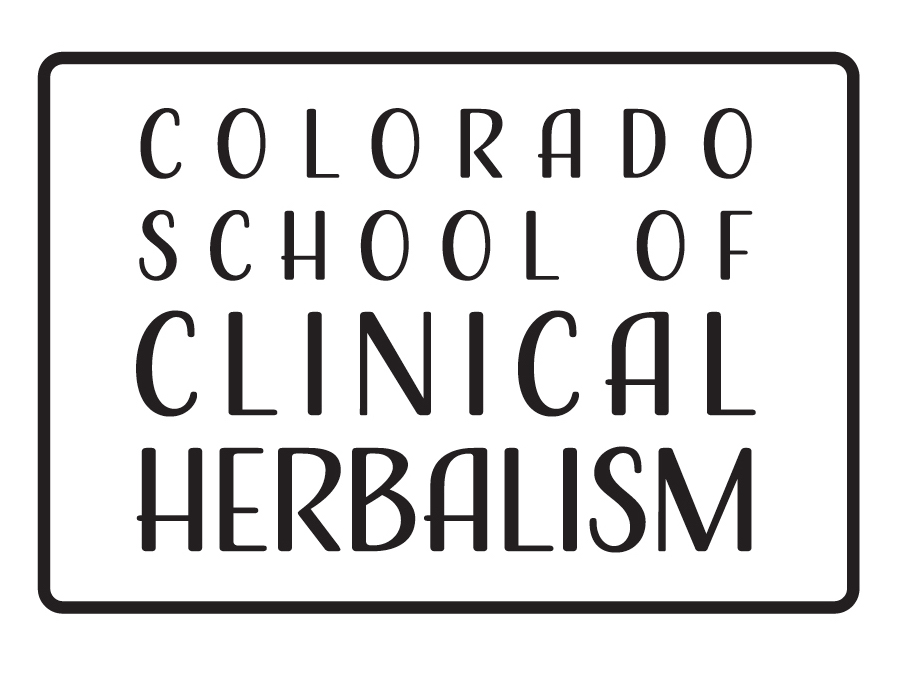Essential oils are powerful botanical remedies, used for a multitude of therapeutic effects. When used correctly, aromatherapy can be an incredible ally in supporting your horse’s health. Essential oils are effective for both physical and emotional health. Although essential oils can’t replace things like quality nutrition or a healthy living environment, they are potent natural remedies, and a valuable addition for the horse owner’s toolbox. Provided below is some basic information on how to use them safely and effectively for your equine companion.
Choosing the right oils
There are so many oils to pick from, and sometimes choosing the right one can seem overwhelming! Until you get more comfortable with the oils, find a good resource you can reference. There are many great books available on the therapeutic uses of essential oils.
Once you have picked out a few oils that you think may be beneficial for your horse, the best way to verify your options is to ask your horse directly. Zoopharmacognosy refers to an animal’s innate ability to select and self-medicate with elements in its environment, such as plants, insects, soils, etc. When offered a remedy, horses will generally indicate whether they want it or not. The best way to determine this is to individually offer each oil for the horse to smell. If they express interest (ears forward, stretching toward the bottle, trying to lick or grab the bottle with the lips, etc.), then that is likely a remedy they want. If they don’t want it, they will turn away and may look unhappy (ears back, furrowed eyes) or simply disinterested. Never force an oil on your horse. If it is rejected, you are more likely to see adverse reactions and may cause more harm than good.
Safety
It is important to use essential oils safely, especially when working with animals. If misused or overused, essential oils can be toxic. Take especial care when applying essential oils topically. Essential oils can glide right down hair through the follicle and be delivered to the bloodstream, requiring virtually no absorption time. This means that an animal will get a more rapid dose at all once than if you were to apply the same remedy to hairless human skin. In most cases, essential oils should be diluted in a carrier oil (such as Olive oil, Jojoba, etc.) before being applied to the skin. Because essential oils are so concentrated, they can burn the skin if not diluted, and may simply be stronger than needed. Inhalation is often preferred with horses because it is the safest and easiest method. However, oils vary greatly in potency, so be sure to do your research before using one you’re not familiar with, no matter how you’re applying it.
If you are ever unsure about the safety or implications of using aromatherapy on your horse, consult a professional Aromatherapist.
Horses respond quite well to aromatherapy. Whether you’re dealing with a skin infection, sore muscles, or a rescue horse with traumatic past, consider essential oils. Your horse will thank you for it!
Note: Different species react differently to essential oils. Don’t assume that if it’s good for your horse, it’s also ok for your dog or cat. Research each oil individually for species-specific cautions and contraindications. Some oils can be toxic or fatal, especially for animals that may lick them off their fur.

